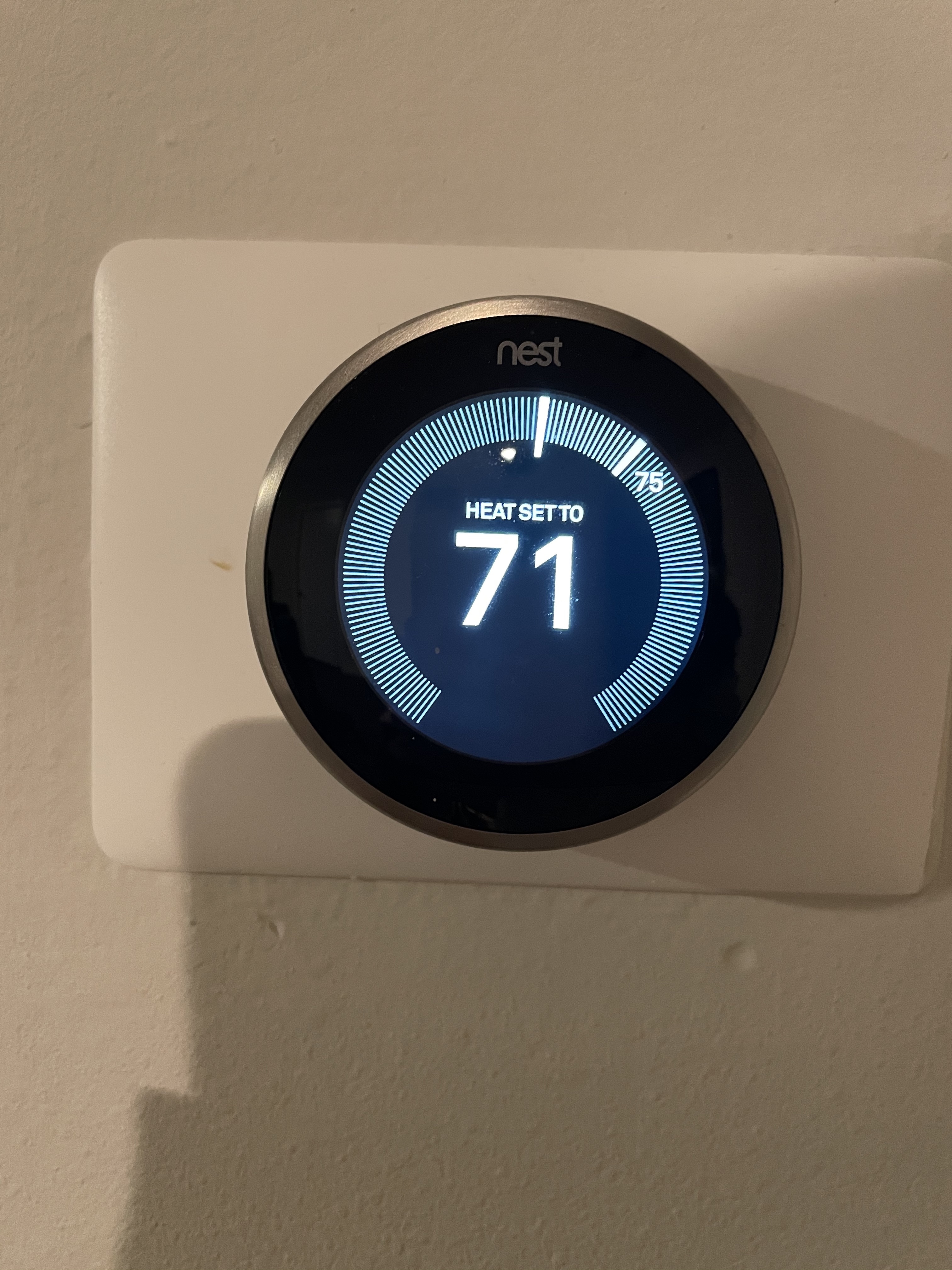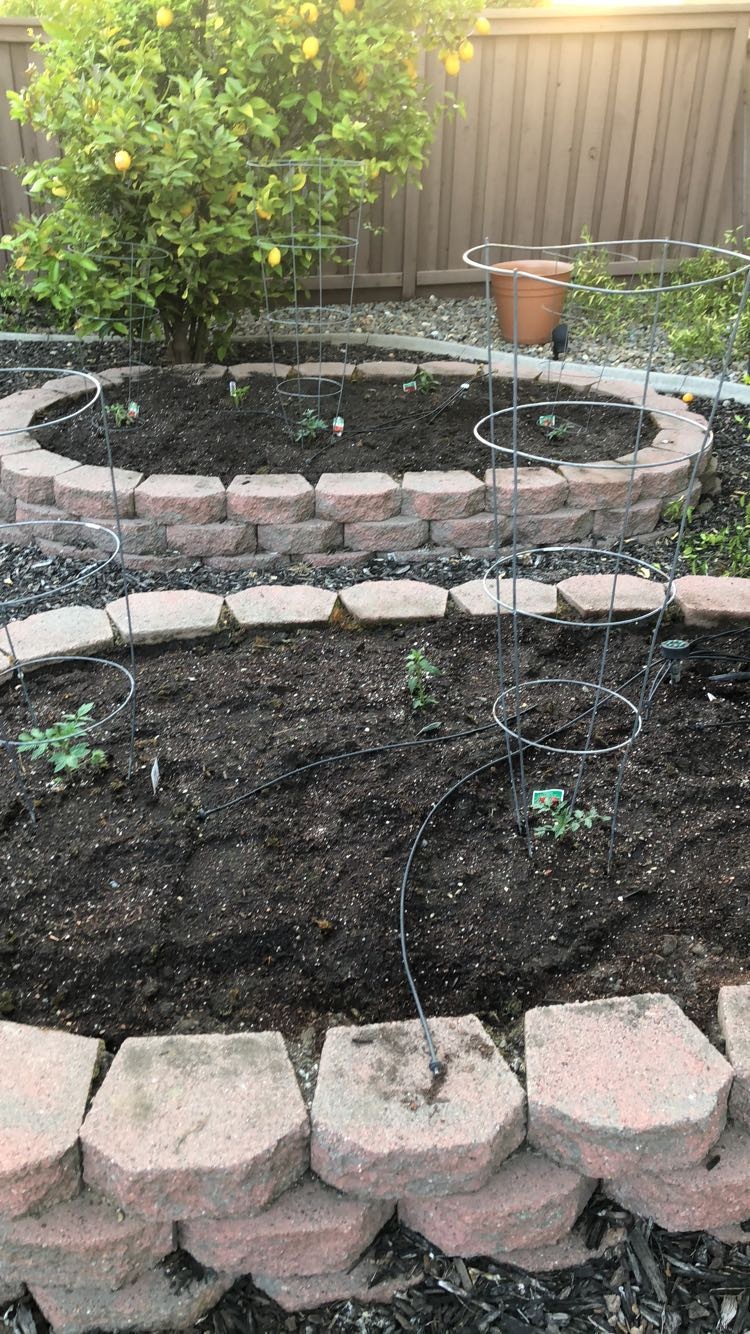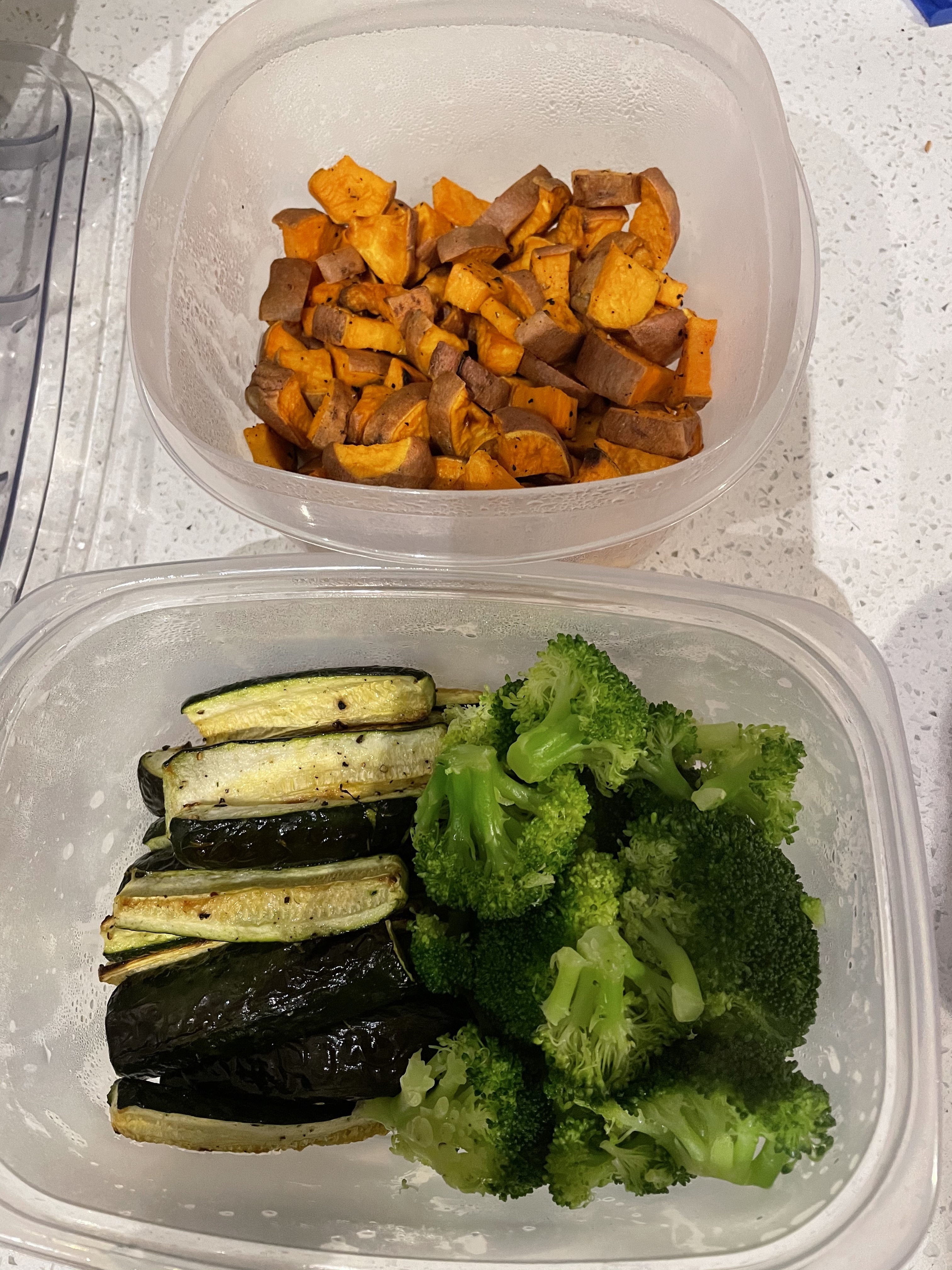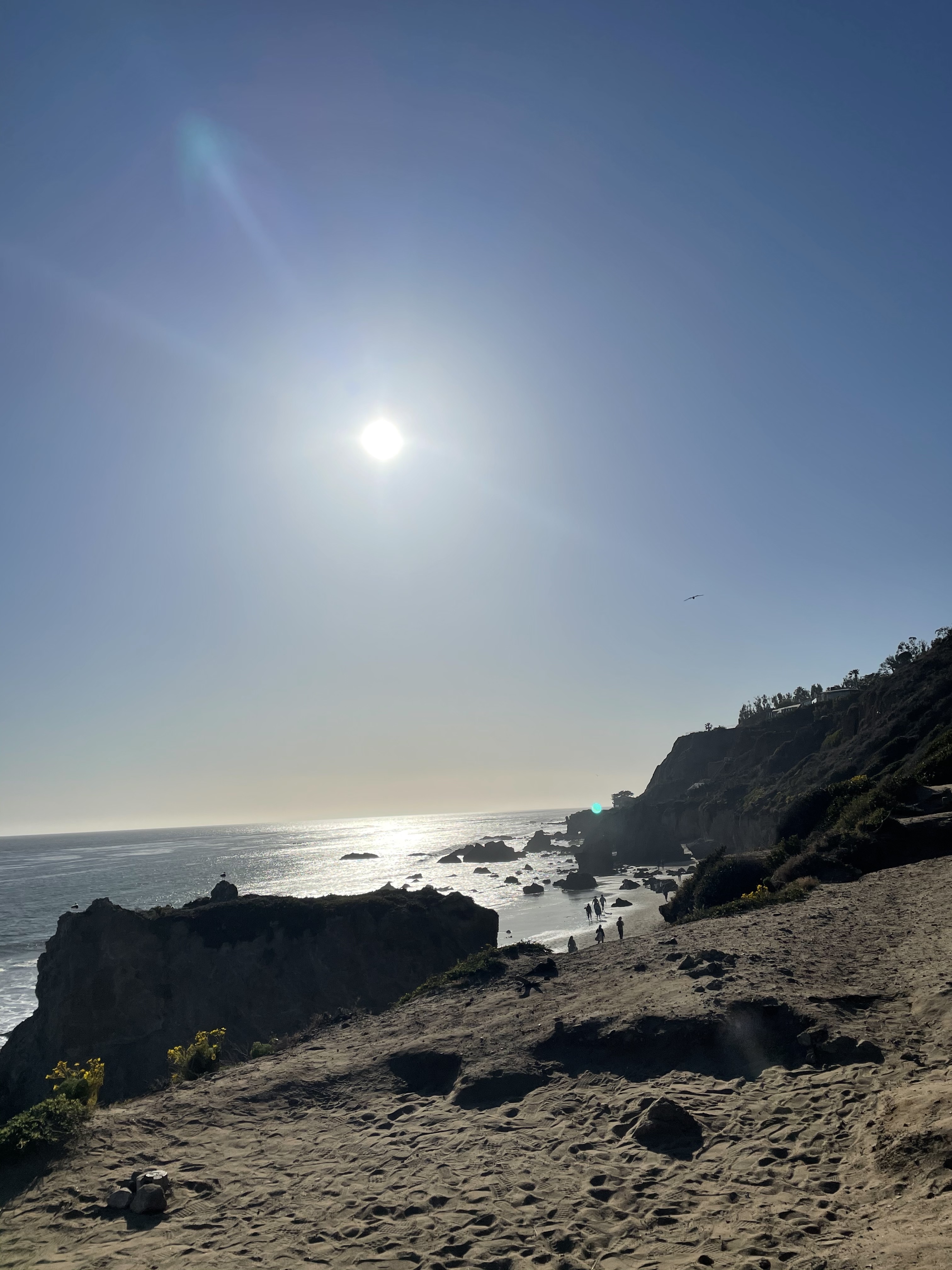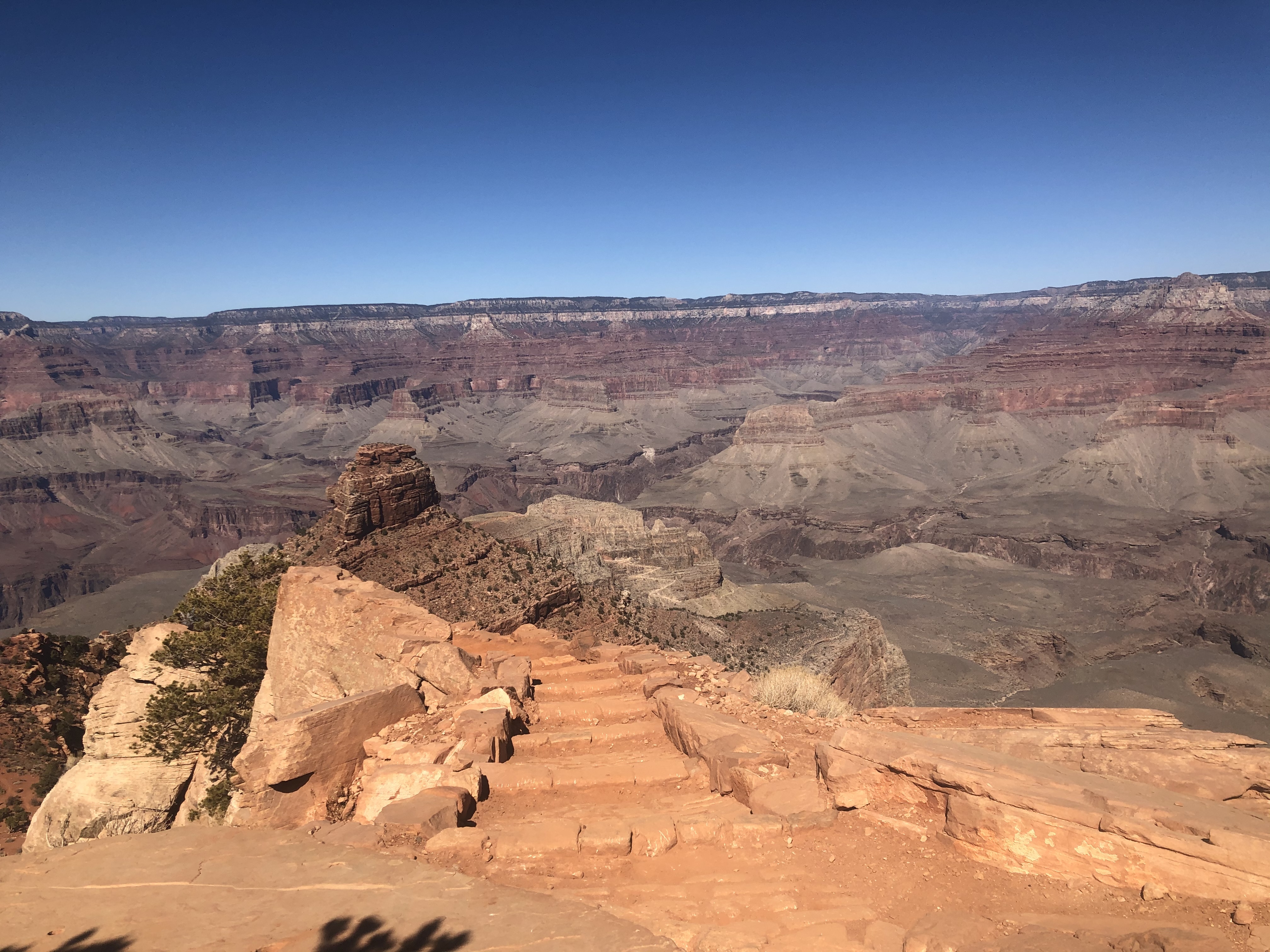I shared this ecochallenge with my friends so they can learn about the benefits of bioplastic as well!
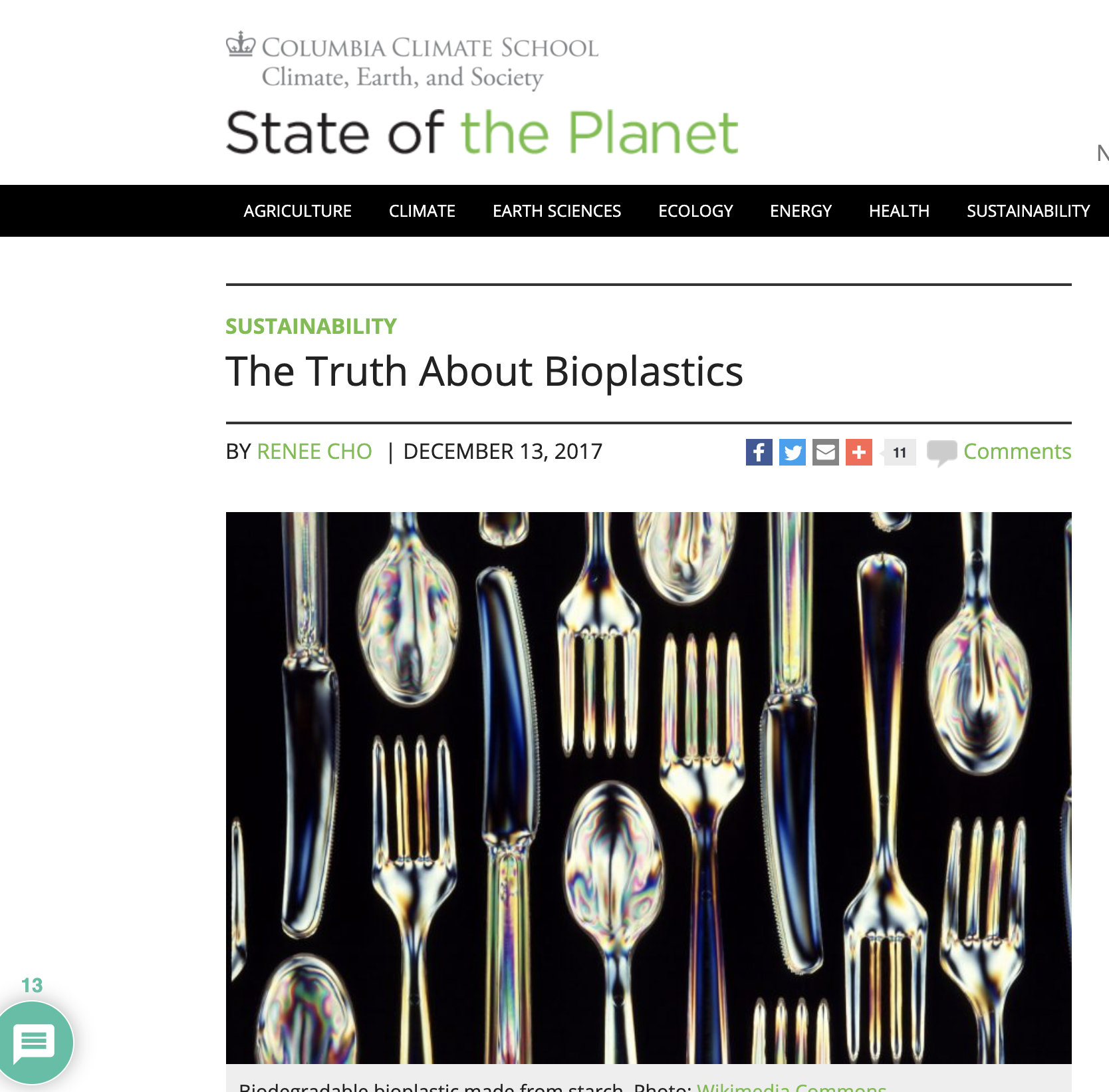
-
 Abigail Urbina 5/24/2021 11:07 AMHi Neha,I definitely relate to you in the sense that I was not very educated about bioplastics prior to reading more about it on Project Drawdown. This is because whenever I think about single-use plastic waste, I automatically think about the reusable alternatives – not necessarily bioplastics. Considering the statistics that you highlight, specifically that “165 million tons of plastic pollute the oceans,” I am quite eager at the prospect of biodegradable/compostable plastic replacing many of our current plastic alternatives. One of my biggest fears about recycling is the fact that some perfectly-recyclable items can get contaminated and wasted due to incorrect disposal methods. I think it’s great that you bring up this issue so that more people can be aware of their common disposal mistakes. I believe that this is where we as individuals are responsible for taking action. I have been doing more research and reading to learn more about how I should modify my disposal habits. I will admit that I used to be one of those individuals who thought that I could recycle almost anything made out of glass, plastic, or cardboard – even if they were soiled. However, after doing more research, I found out that these recyclables need to be in a certain condition in order for them to be accepted for recycling. For example, although a clean cardboard pizza box is perfectly recyclable, once grease or other oily ingredients from pizza have soiled the box, it must be rejected from recycling. According to Stanford University, this is because “[o]nce soiled, the paper cannot be recycled because the paper fibers will not be able to be separated from the oils during the pulping process.” Had I not researched this, I probably would have continued placing my soiled food containers into the recycling bin – which is horrible because I would be contaminating other perfectly-recyclable items in that bin. When we were still attending classes on campus at UCLA, I noticed that many disposal bins had very useful signs posted on top of them with descriptions and images of which items to place in each specific section. I thought this was very useful because there have been many times when I did not know whether I should recycle an item, compost it, or place it in the landfill bin. For example, under the “compost” section, there would be images of a banana peel or an apple core. Although certain disposal designations are probably more obvious (e.g., placing a rotten banana in the compost bin), others may not be as clear (e.g., where to place a soiled pizza box or a plastic cup with coffee remnants still inside). I think in the meantime, to lessen the amount of single-use plastics we dispose of, we should continue to use reusable water bottles, reusable shopping bags, and reusable straws. From here on out, I will no longer be using the plastic produce bags from the grocery store. I am going to purchase reusable cloth produce bags so that I can bring them with me to the grocery store. Perhaps you can try these as well! Overall, keep up the great research, Neha!Source: https://lbre.stanford.edu/pssistanford-recycling/frequently-asked-questions/frequently-asked-questions-contamination#:~:text=A%3A%20Pizza%20boxes%20are%20made,oils%20during%20the%20pulping%20process.
Abigail Urbina 5/24/2021 11:07 AMHi Neha,I definitely relate to you in the sense that I was not very educated about bioplastics prior to reading more about it on Project Drawdown. This is because whenever I think about single-use plastic waste, I automatically think about the reusable alternatives – not necessarily bioplastics. Considering the statistics that you highlight, specifically that “165 million tons of plastic pollute the oceans,” I am quite eager at the prospect of biodegradable/compostable plastic replacing many of our current plastic alternatives. One of my biggest fears about recycling is the fact that some perfectly-recyclable items can get contaminated and wasted due to incorrect disposal methods. I think it’s great that you bring up this issue so that more people can be aware of their common disposal mistakes. I believe that this is where we as individuals are responsible for taking action. I have been doing more research and reading to learn more about how I should modify my disposal habits. I will admit that I used to be one of those individuals who thought that I could recycle almost anything made out of glass, plastic, or cardboard – even if they were soiled. However, after doing more research, I found out that these recyclables need to be in a certain condition in order for them to be accepted for recycling. For example, although a clean cardboard pizza box is perfectly recyclable, once grease or other oily ingredients from pizza have soiled the box, it must be rejected from recycling. According to Stanford University, this is because “[o]nce soiled, the paper cannot be recycled because the paper fibers will not be able to be separated from the oils during the pulping process.” Had I not researched this, I probably would have continued placing my soiled food containers into the recycling bin – which is horrible because I would be contaminating other perfectly-recyclable items in that bin. When we were still attending classes on campus at UCLA, I noticed that many disposal bins had very useful signs posted on top of them with descriptions and images of which items to place in each specific section. I thought this was very useful because there have been many times when I did not know whether I should recycle an item, compost it, or place it in the landfill bin. For example, under the “compost” section, there would be images of a banana peel or an apple core. Although certain disposal designations are probably more obvious (e.g., placing a rotten banana in the compost bin), others may not be as clear (e.g., where to place a soiled pizza box or a plastic cup with coffee remnants still inside). I think in the meantime, to lessen the amount of single-use plastics we dispose of, we should continue to use reusable water bottles, reusable shopping bags, and reusable straws. From here on out, I will no longer be using the plastic produce bags from the grocery store. I am going to purchase reusable cloth produce bags so that I can bring them with me to the grocery store. Perhaps you can try these as well! Overall, keep up the great research, Neha!Source: https://lbre.stanford.edu/pssistanford-recycling/frequently-asked-questions/frequently-asked-questions-contamination#:~:text=A%3A%20Pizza%20boxes%20are%20made,oils%20during%20the%20pulping%20process.



